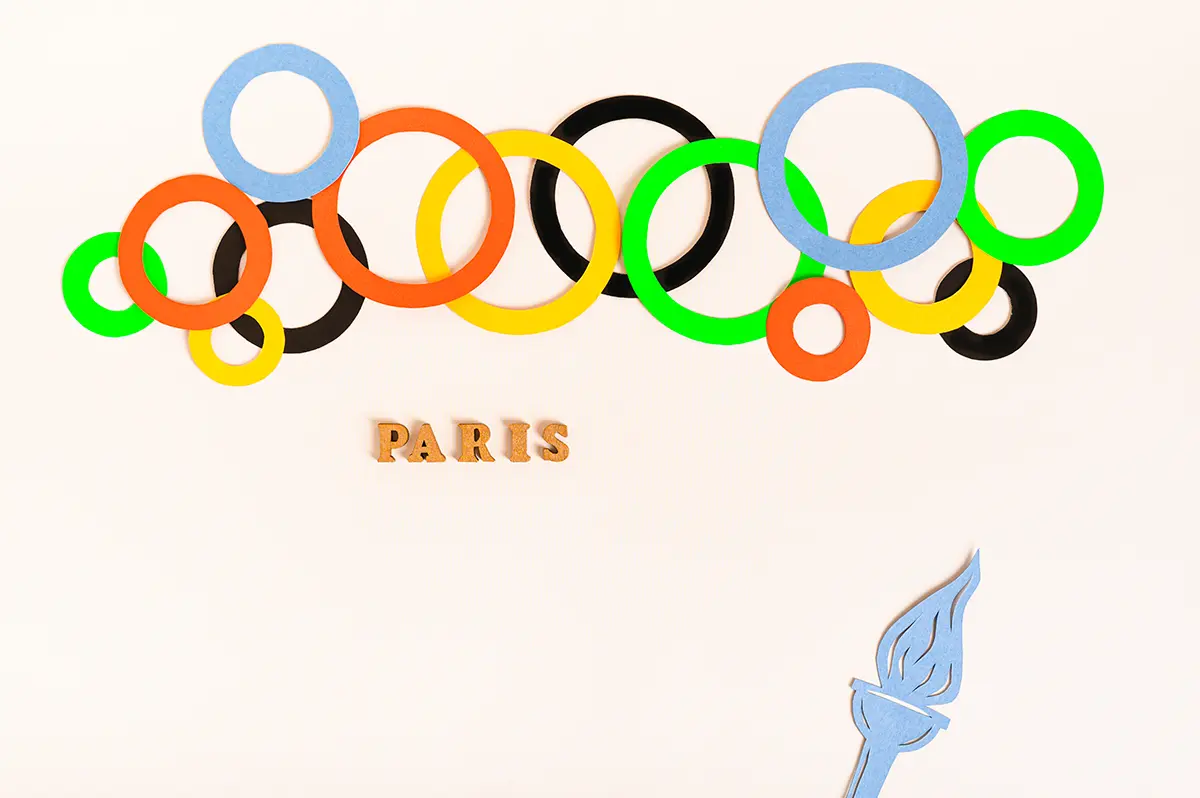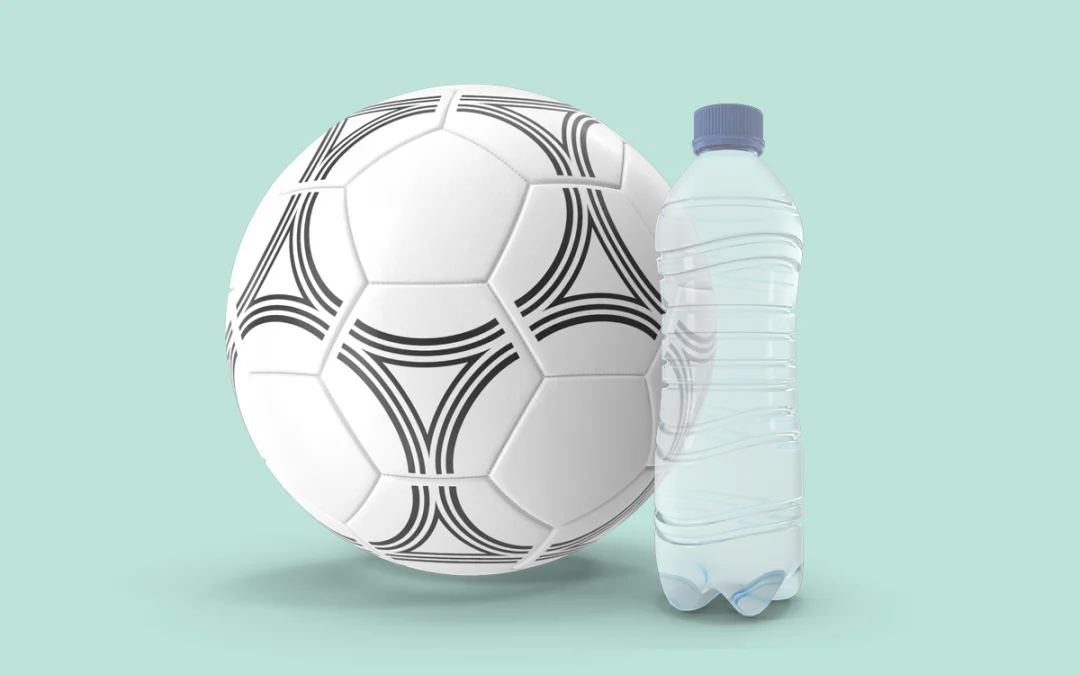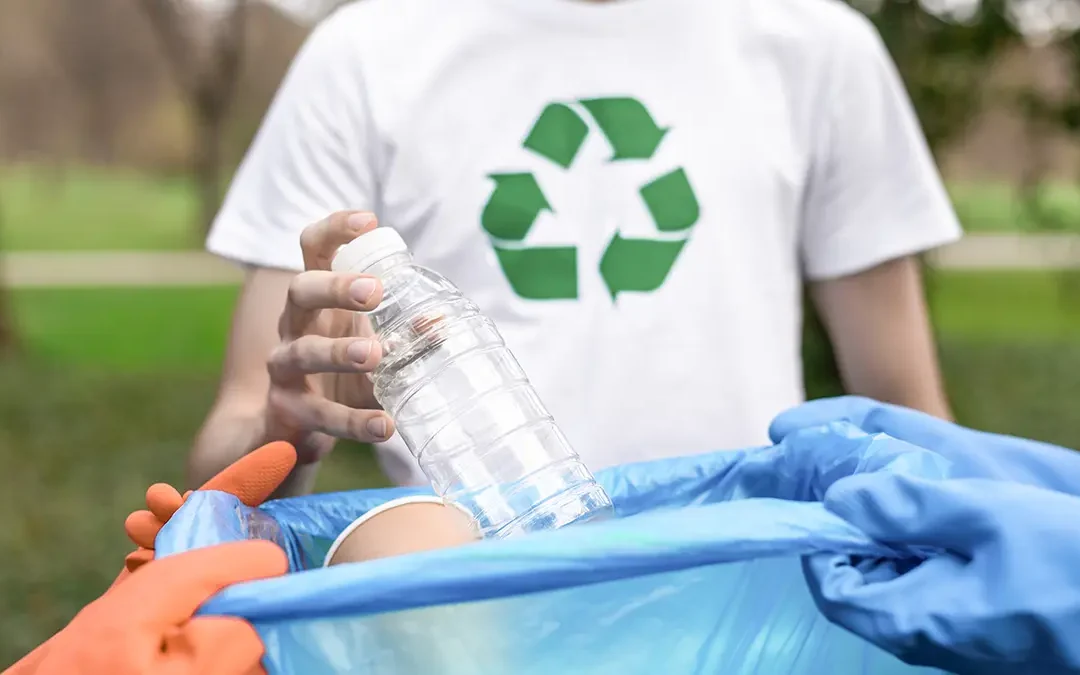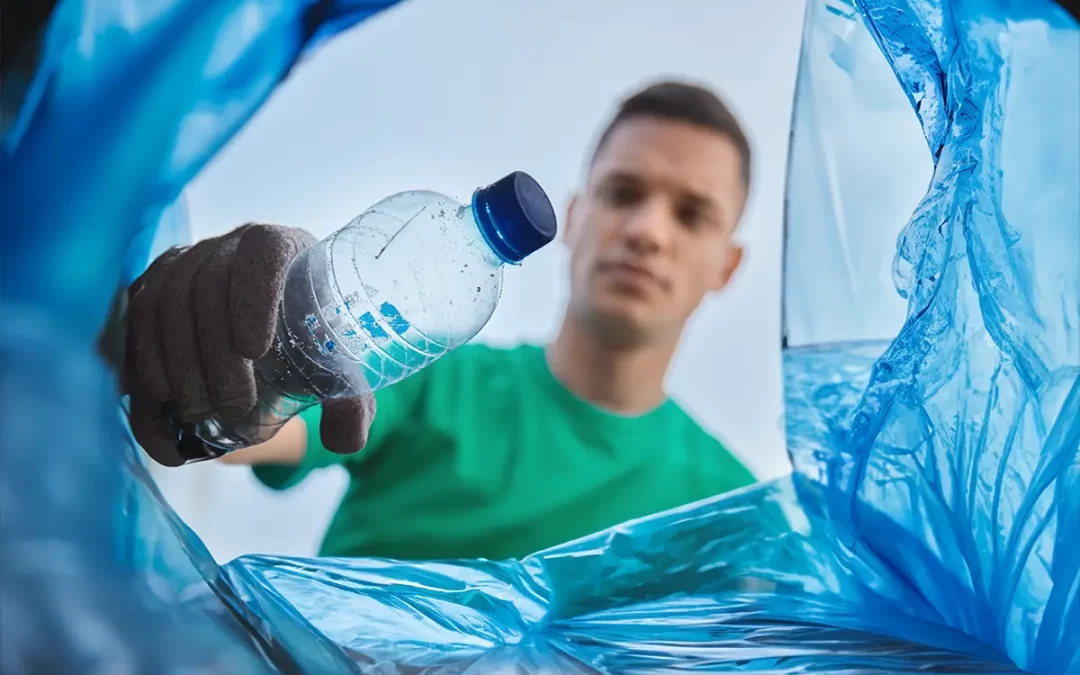Just like much of the world, I’ll be tuning in to watch the Summer Games in Paris. The athletic talent is always inspiring. And I’m also curious to see how these games will set new records—for sustainability.
The French government has pledged to make these Olympic Games “the most responsible and sustainable games in history.” Using renewable energy from wind and solar farms, the goal is to half the carbon emissions of previous games. No small feat.
I was privileged to help establish circular economy solutions for the London Summer Olympic Games in 2012, where we took recyclable plastic materials and repurposed them into useful merchandise that could be branded.
We are already seeing changes at this year’s games. Bedframes in the athletes’ dorms are made of cardboard which can be recycled afterwards, mattresses are being made of recycled materials, and the medal podiums and 11,000 bleacher seats have been made from recycled materials like shampoo bottles and bottle caps. There is more information here about the Paris Olympic Games’ sustainability plans.
I was in Paris for 10 days in June and saw preparations in action for the influx of people attending the Games. Clear signage was being installed highlighting bright yellow bins for recycling empty containers made of plastic, cardboard and metal such as aluminum cans. I visited the Coca Cola Food Fest—a giant food court—where restaurants will be serving beverages in glass and reusable cups.
With 10,500 athletes and more than 600,000 spectators expected to attend, there will certainly be challenges. The logistics required to accommodate mountains of waste from attendees and other visitors to the city have the potential to be a nightmare. Plus, it’s tough to measure efforts at events of this magnitude…but it can be done. For example,
- At the NCAA 2024 Final Four Men’s and Women’s Championships, nearly 250,000 pounds of bottles and aluminum cans were recycled and upcycled to food grade containers.
- At the 2024 NASCAR Coca Cola 600 at Charlotte Motor Speedway, more than 185,000 bottles and cans were collected and recycled.
In the next couple of weeks, I’ll be watching the competition, of course. And I’ll also be listening to commentators to hear how much attention they are giving to sustainability—whether to current efforts, recycling or about our changing climate.
Summer Games aside, there are big opportunities every day to create greater sustainability. In fact, I’m speaking about that very subject—Making Big Events Environmentally Friendly—at the World Recycling Conference in Rome in October. I hope to see you there and would love to hear your thoughts about this important topic.
In the meantime, let the Games begin!










